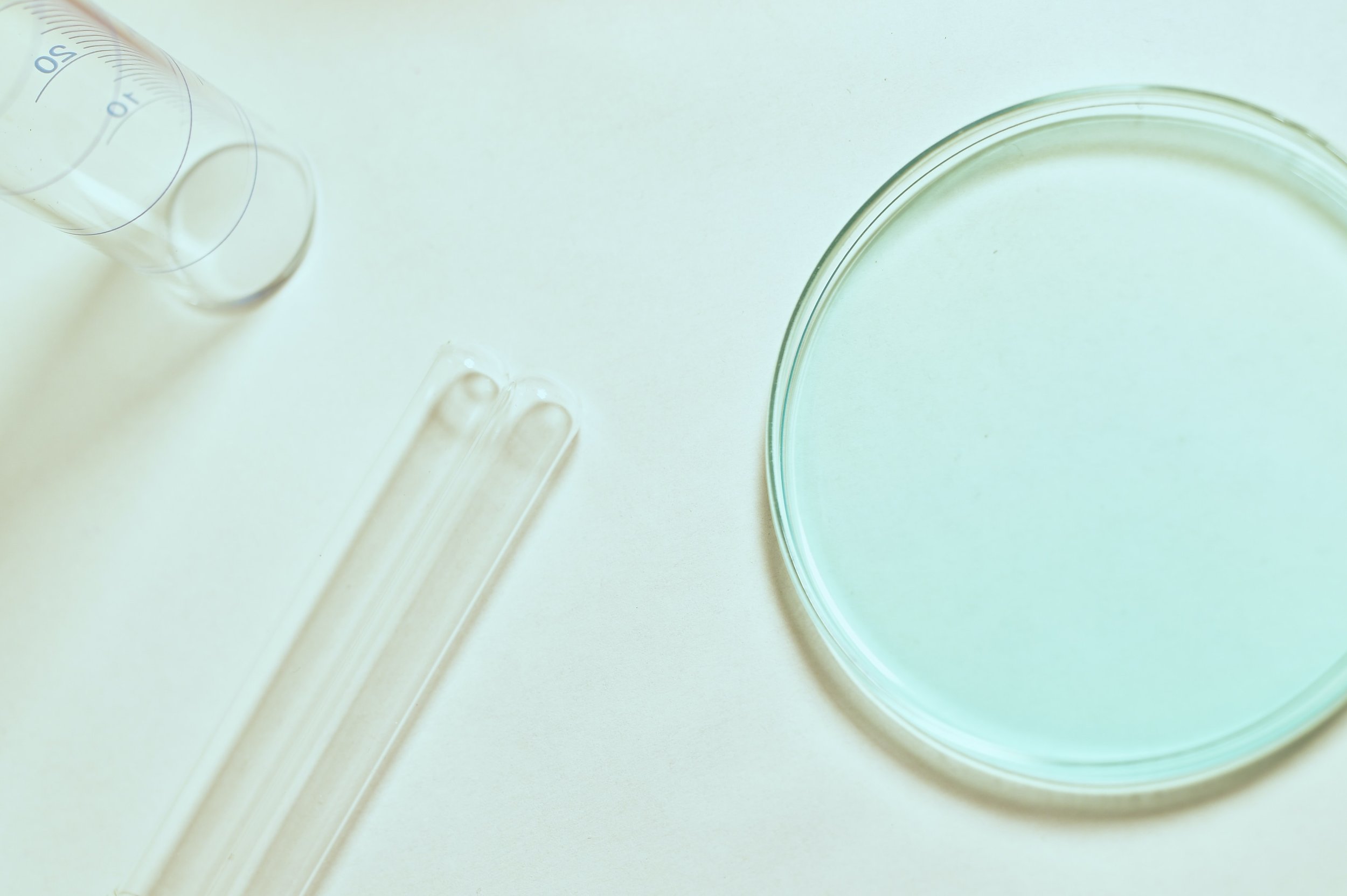
Selected Publications
Selected Publications
Gut microbiota regulates intestinal goblet cell response and mucin production by influencing the TLR2-SPDEF axis in an enteric parasitic infection
Yousefi, Y., Haider, Z., Grondin, J. A., Wang, H., Haq, S., Banskota, S., Seto, T., Surette, M., & Khan, W. I.
Mucosal Immunology | Mar 29, 2025 | doi: https://doi.org/10.1016/j.mucimm.2025.03.007
Interaction between Intestinal Parasites and the Gut Microbiota: Implications for the Intestinal Immune Response and Host Defence
Grondin, J. A., Jamal, A., Mowna, S., Seto, T., & Khan, W. I.
Pathogens | Volume 13 | Jul 23, 2024 I doi: https://doi.org/10.3390/pathogens13080608
Novel 5-HT7 receptor antagonists modulate intestinal immune responses and reduce severity of colitis
Kwon, Y. H., Blass, B. E., Wang, H., Grondin, J. A., Banskota, S., Korzekwa, K., Ye, M., Gordon, J. C., Colussi, D., Blattner, K. M., Canney, D. J., & Khan, W. I.
American Journal of Physiology | Volume 327 | May 7, 2024 I doi: https://doi.org/10.1152/ajpgi.00299.2023
Inhibition of NADPH Oxidase (NOX) 2 Mitigates Colitis in Mice with Impaired Macrophage AMPK Function
Banskota, S., Wang, H., Kwon, Y. H., Gautam, J., Haq, S., Grondin, J., Steinberg, G. R., & Khan, W. I.
Biomedicine | Volume 11 | May 14, 2023 I doi: https://doi.org/10.3390/biomedicines11051443
A33 Effects Of The Next Generation Probiotic, Akkermansia Muciniphila, On Intestinal Inflammation And Barrier Function
Banskota, S., Wang, H., Kwon, Y. H., Gautam, J., Haq, S., Grondin, J., Steinberg, G. R., & Khan, W. I.
Journal of the Canadian Association of Gastroenterology | Volume 6 | March 7, 2023 I doi: https://doi.org/10.1093/jcag/gwac036.033
Chronic exposure to synthetic food colorant Allura Red AC promotes susceptibility to experimental colitis via intestinal serotonin in mice
Kwon, Y. H., Banskota, S., Wang, H., Rossi, L., Grondin, J. A., Syed, S. A., Yousefi, Y., Schertzer, J. D., Morrison, K. M., Wade, M. G., Holloway, A. C., Surette, M. G., Steinberg, G. R., & Khan, W. I.
Nature Communications | Volume 13 | December 20, 2022 I doi: https://doi.org/10.1038/s41467-022-35309-y
Disruption of autophagy by increased 5-HT alters gut microbiota and enhances susceptibility to experimental colitis and Crohn’s disease
Haq, S., Wang, H., Grondin, J., Banskota, S., Marshall, J. K., Khan, I. I., Chauhan, U., Cote, F., Kwon, Y. H., Philpott, D., Brumell, J. H., Surette, M., Steinberg, G. R., & Khan, W. I.
Science Advances | Volume 7 | November 5, 2021 I doi: 10.1126/sciadv.abi6442
